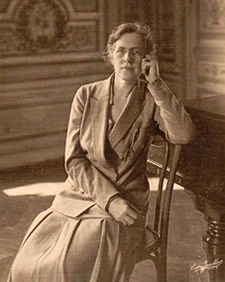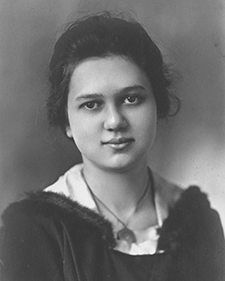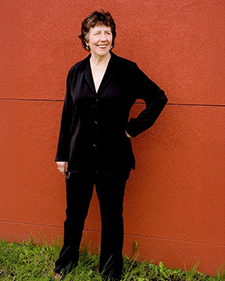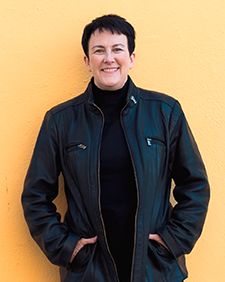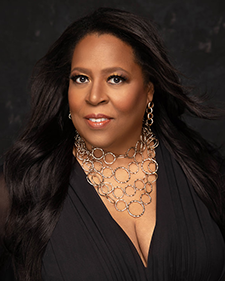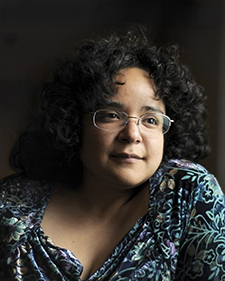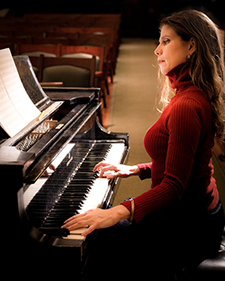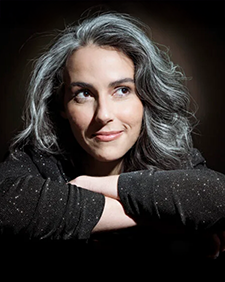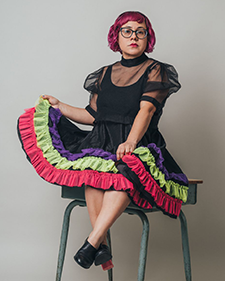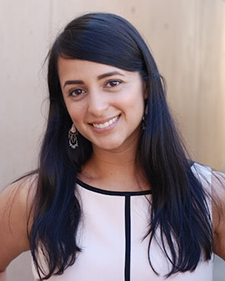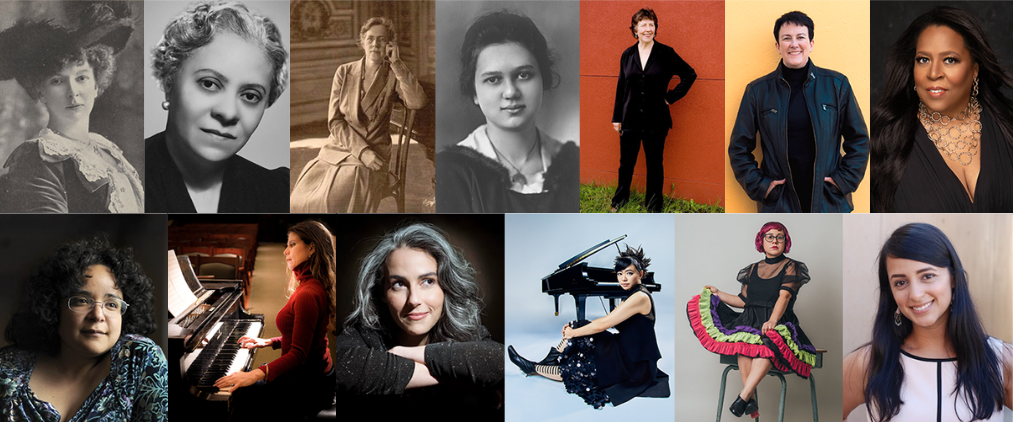
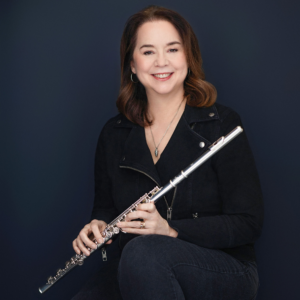
In honor of Women’s History Month, Levine flute faculty member Heidi Schuller curated a playlist of music by leading women composers, past and present. The featured composers present a unique musical vision and have influenced the global performing arts landscape. These composers have also contributed to the betterment of music education, demonstrating the critical role composers play in developing music students, performers, and future creators.The selected works showcase a broad range of musical expression and a diverse offering of instrumentation, genres, and styles. The performers include international soloists and performing ensembles, and musicians and performing arts organizations from the Washington, DC, and Mid-Atlantic region, including Levine Music faculty. We encourage you to explore their work and perhaps learn to play one of their pieces for yourself.
Cécile Chaminade (1857-1944)
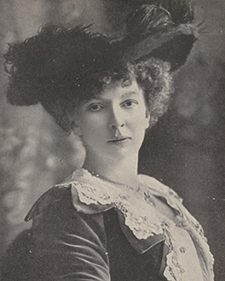 French pianist and composer Cécile Chaminade’s recognition during her lifetime was rare for a woman composer in the 19th-early 20th century. As a child, Chaminade had to turn down an invitation to study at the Paris Conservatory due to her family’s concern over social status and norms. She was allowed to study piano and composition privately, and with determination, she embarked on a performance career of playing her own pieces in salon recitals. Chaminade toured the United States in 1908 and was wildly successful and popular with American audiences. She received many awards and distinctions during her career, including being the first female composer elected a Chevalier of the National Order of the Legion of Honour in 1913.
French pianist and composer Cécile Chaminade’s recognition during her lifetime was rare for a woman composer in the 19th-early 20th century. As a child, Chaminade had to turn down an invitation to study at the Paris Conservatory due to her family’s concern over social status and norms. She was allowed to study piano and composition privately, and with determination, she embarked on a performance career of playing her own pieces in salon recitals. Chaminade toured the United States in 1908 and was wildly successful and popular with American audiences. She received many awards and distinctions during her career, including being the first female composer elected a Chevalier of the National Order of the Legion of Honour in 1913.
Her compositions primarily consist of vocal and piano works, plus several larger orchestral and choral compositions. Chaminade described her compositional style as being from the Romantic school, and most of her works feature tuneful melodies with some chromaticism. Unfortunately, Chaminade’s compositions are not as well known to current audiences with the exception of her Concertino, Opus 107 for flute. The Concertino was composed for the 1902 Paris Conservatory Concours and is considered a standard work for flutists. It remains a frequently programmed piece, in its original version for flute and piano, on advanced student recitals and professional concert programs.
Watch the rarely heard version of the timeless Concertino performed by flute soloist Mimi Stillman and the Chamber Orchestra of the Triangle.
